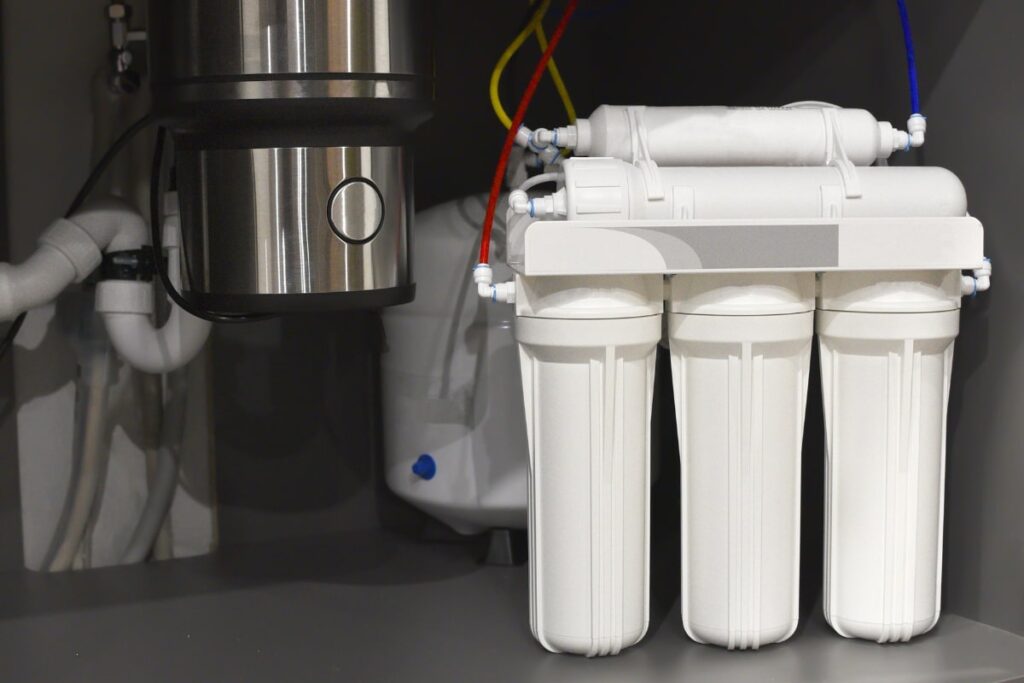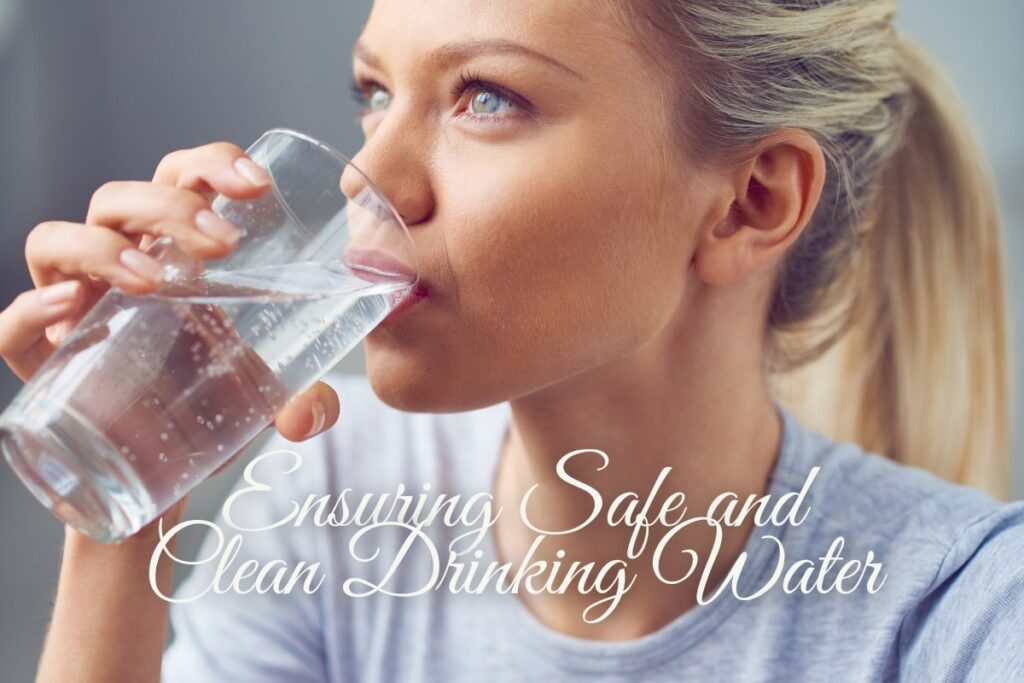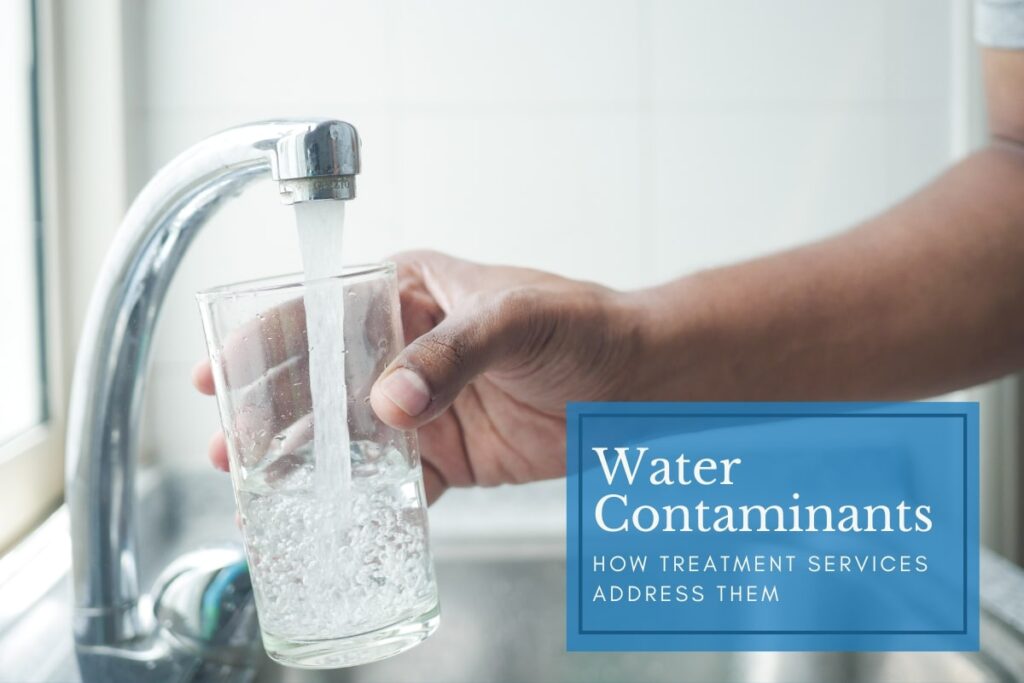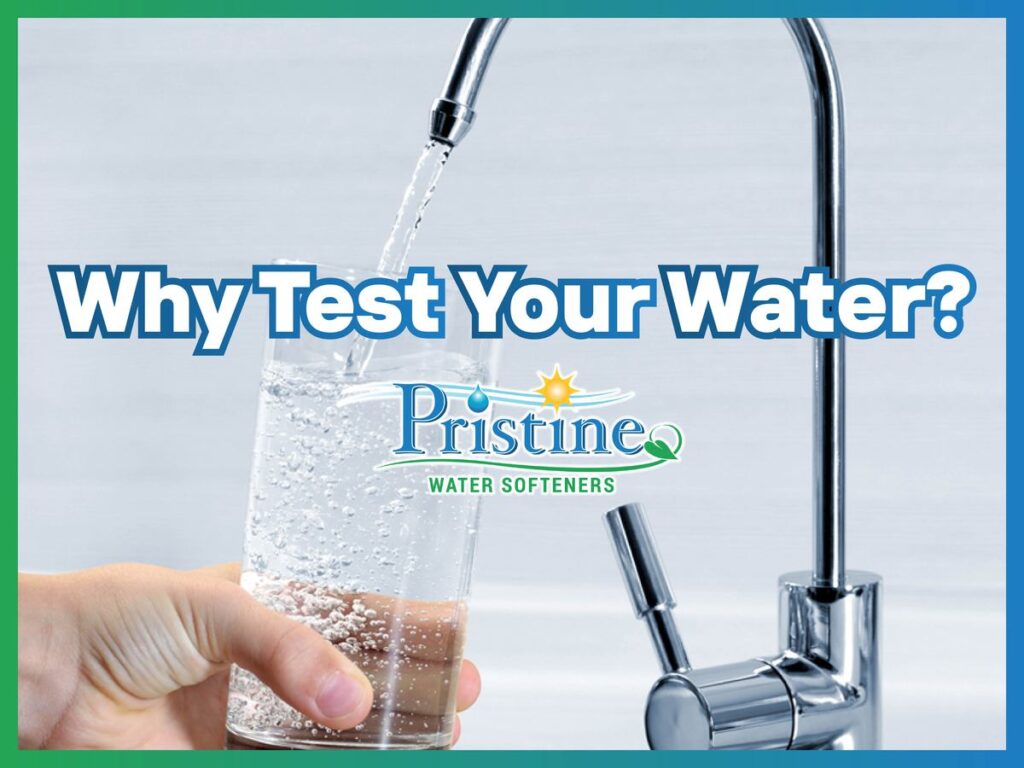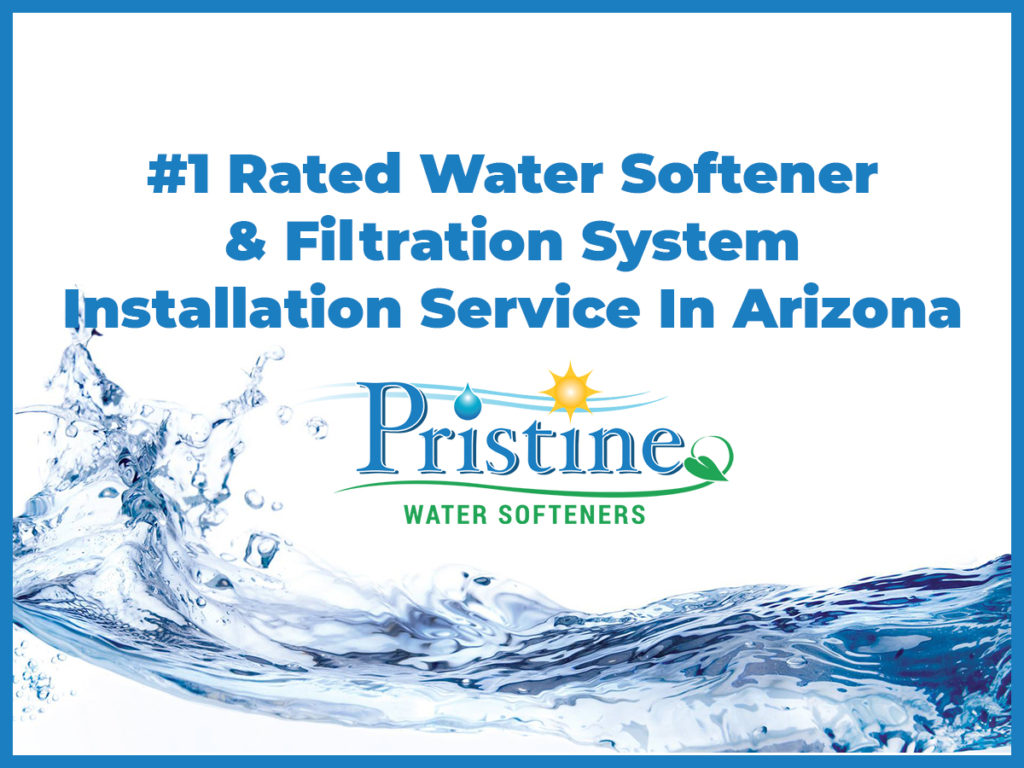Why DIY Water Treatment Isn’t Always the Best Option
Clean water is essential for our health and well-being. Every day, we rely on water for drinking, cooking, and cleaning. Yet, ensuring that our water is safe and clean isn’t always straightforward. Recently, there’s been a surge in DIY projects, including DIY water treatment. While these projects can be satisfying and cost-effective, they’re not always the best option. In this article, we’ll explore why DIY water treatment may not be the ideal choice, highlighting the challenges of DIY water treatment and the benefits of professional services. The Importance of Clean Water Challenges of DIY water treatment and clean water is vital for maintaining good health. Access to safe, clean drinking water reduces the risk of waterborne diseases and other health issues. However, not all water sources provide safe drinking water. Tap water can contain various contaminants, like bacteria, viruses, heavy metals, and chemicals. These contaminants pose serious health risks if they are not properly treated. Common water contaminants include: Bacteria and viruses: These microorganisms can cause gastrointestinal illnesses and other infections. Heavy metals: Lead, mercury, and arsenic can lead to long-term health problems, including developmental issues in children. Chemicals: Pesticides and industrial pollutants can cause a range of health issues, from mild irritations to severe organ damage. Given these risks, it’s crucial to ensure that your water is properly treated to remove all contaminants, making it safe for drinking and other uses. The Allure of DIY Water Treatment Challenges of DIY water treatment projects have gained popularity for several reasons. Many people enjoy the sense of accomplishment that comes from creating something with their own hands. DIY water treatment projects are no different. They offer the potential for cost savings and self-sufficiency. Using readily available materials like coffee filters, activated carbon, and even rubber bands, people can create their filtration systems at home. Some perceived benefits of DIY water treatment include Cost-saving: DIY projects can be cheaper than purchasing professional systems or services. Self-sufficiency: Being able to treat your own water can give you a sense of independence and control. Customization: DIY projects allow for customized solutions that can fit specific needs and preferences. The Challenges of DIY Water Treatment Understanding Water Contaminants One major challenge of DIY water treatment is understanding the variety of contaminants that can be present in water. Water quality varies greatly depending on location, and without professional testing, it’s difficult to know what specific contaminants you’re dealing with. Misidentifying these contaminants can lead to ineffective treatment, leaving your water unsafe. Water from a well might contain high levels of bacteria, while water from a municipal source might have more chemicals like chlorine. A coffee filter might help remove some sediment, but it won’t be effective against bacteria or chemicals. Understanding these differences is crucial for effective water treatment, but it requires a level of expertise that many DIY enthusiasts lack challenges of DIY water treatment Choosing the Right Treatment Method Once you understand the contaminants, choosing the right treatment method is another hurdle. There are many water purification systems available, each designed to tackle specific types of pollutants. For example: Reverse osmosis systems are excellent for removing dissolved solids but might not effectively eliminate bacteria and viruses. UV treatment systems are great for killing microorganisms but won’t remove chemicals or heavy metals. Activated carbon filters are effective at removing chlorine and organic compounds but might not handle heavy metals well. The challenge of DIY Water Treatment Technical Complexity: Setting up and maintaining a DIY system can be complicated. Ineffectiveness: Homemade systems may not remove all harmful contaminants. Safety Risks: Incorrect installation or use can lead to water that is not safe to drink. Water Filtration Systems Reverse Osmosis Systems: They use a special filter to remove many impurities. Carbon Filters: These remove bad tastes and odors by filtering out chlorine and other chemicals. UV Purifiers: They use ultraviolet light to kill harmful bacteria and viruses in water. Filtered Water Cleaner: Free from harmful substances like chlorine, lead, and bacteria. Better Tasting: Often has a fresher and more pleasant taste compared to unfiltered water. Healthier: Reduces the risk of waterborne illnesses and exposure to harmful chemicals. Tap Water Convenient: Easily accessible from faucets in your home. Regulated: In many areas, it is treated and monitored for safety by local authorities. Variable Quality: The quality can vary depending on the local water source and treatment processes. It might contain minerals, chlorine, or other contaminants. Coffee Filters Function: They separate solid coffee grounds from liquid coffee, resulting in a smooth drink. Types: They come in various types, including disposable paper filters and reusable metal or cloth filters. Use in Filtration: While primarily for coffee, they can sometimes be used in simple DIY water filtration for removing large particles or sediments, though they don’t remove chemical contaminants or germs. Installation and Maintenance Installing challenges of DIY water treatment system can be technically challenging. It often involves plumbing work, electrical connections, and precise adjustments. Without proper installation, systems may leak or fail, leading to potential water damage and continued exposure to contaminants. Furthermore, regular maintenance is crucial to keeping water filtration systems working efficiently. This includes replacing filters, cleaning membranes, and checking for system issues. Neglecting these tasks can reduce the system’s effectiveness and longevity. Limitations of DIY water treatment reverse osmosis system might work well initially, but if the filter media isn’t replaced regularly, the system can become less effective at removing contaminants. Similarly, an improperly installed UV treatment system might not effectively kill bacteria, leaving your drinking water unsafe. The Limitations of DIY Water Treatment Limited Knowledge and Experience A significant limitation of the challenges of DIY water treatment is the lack of professional training and experience. Water treatment professionals undergo extensive training and have years of experience dealing with various water quality issues. They know how to accurately test water, interpret results, and select the most effective treatment methods. As a DIY enthusiast, you might not have access to the same level of knowledge and expertise,



